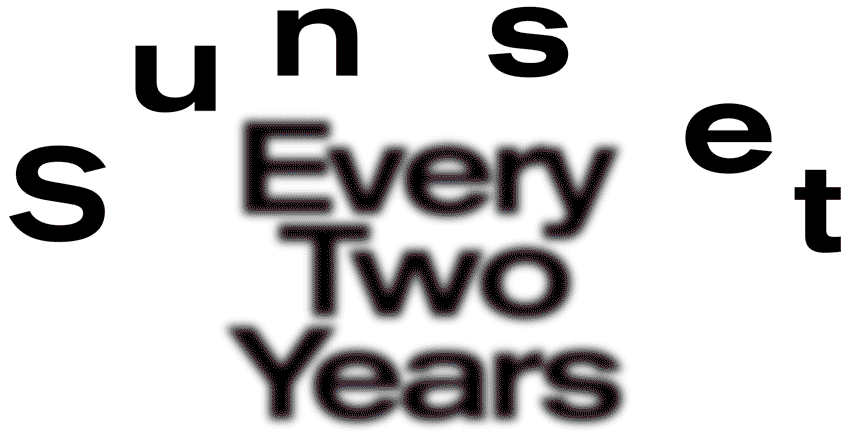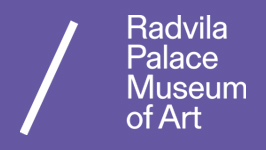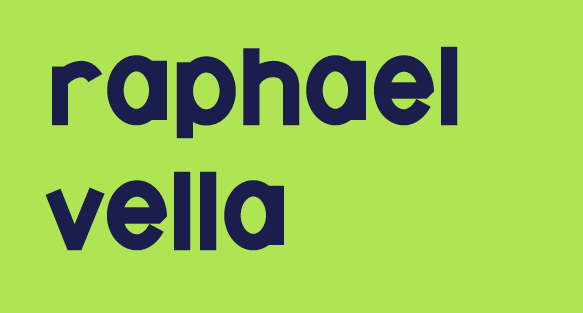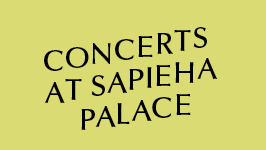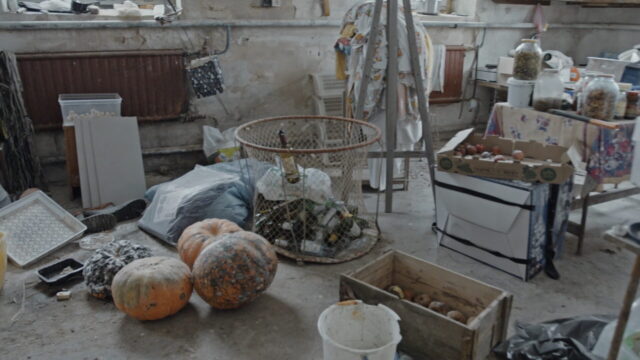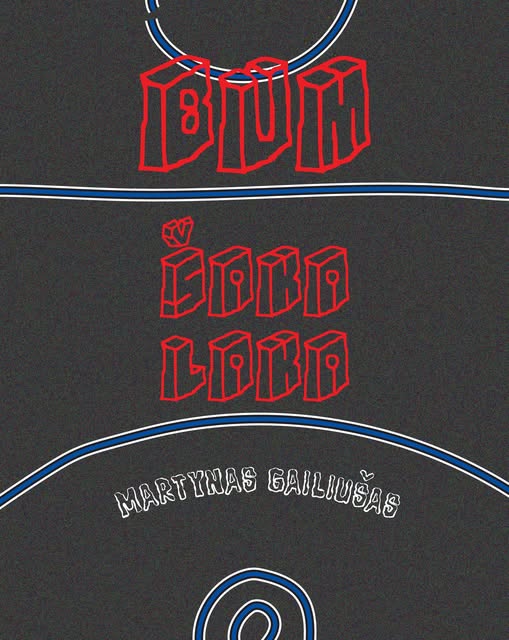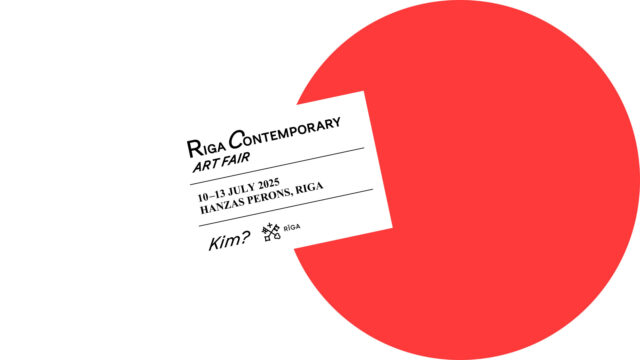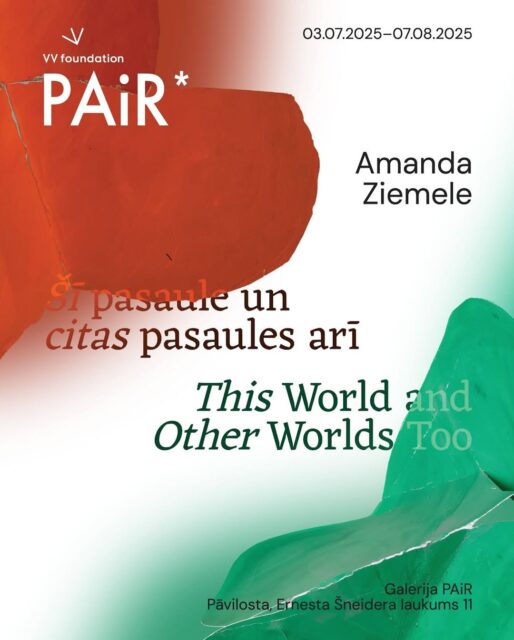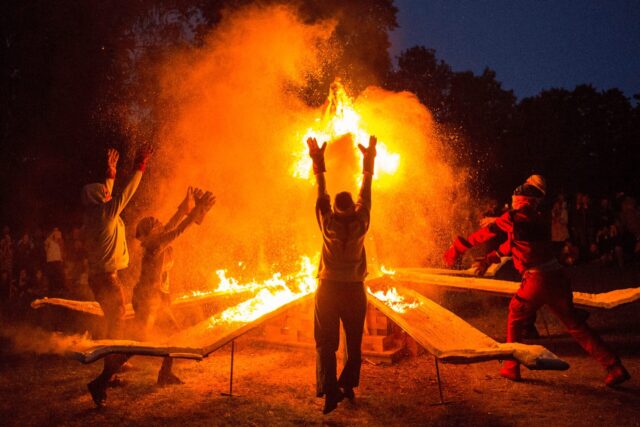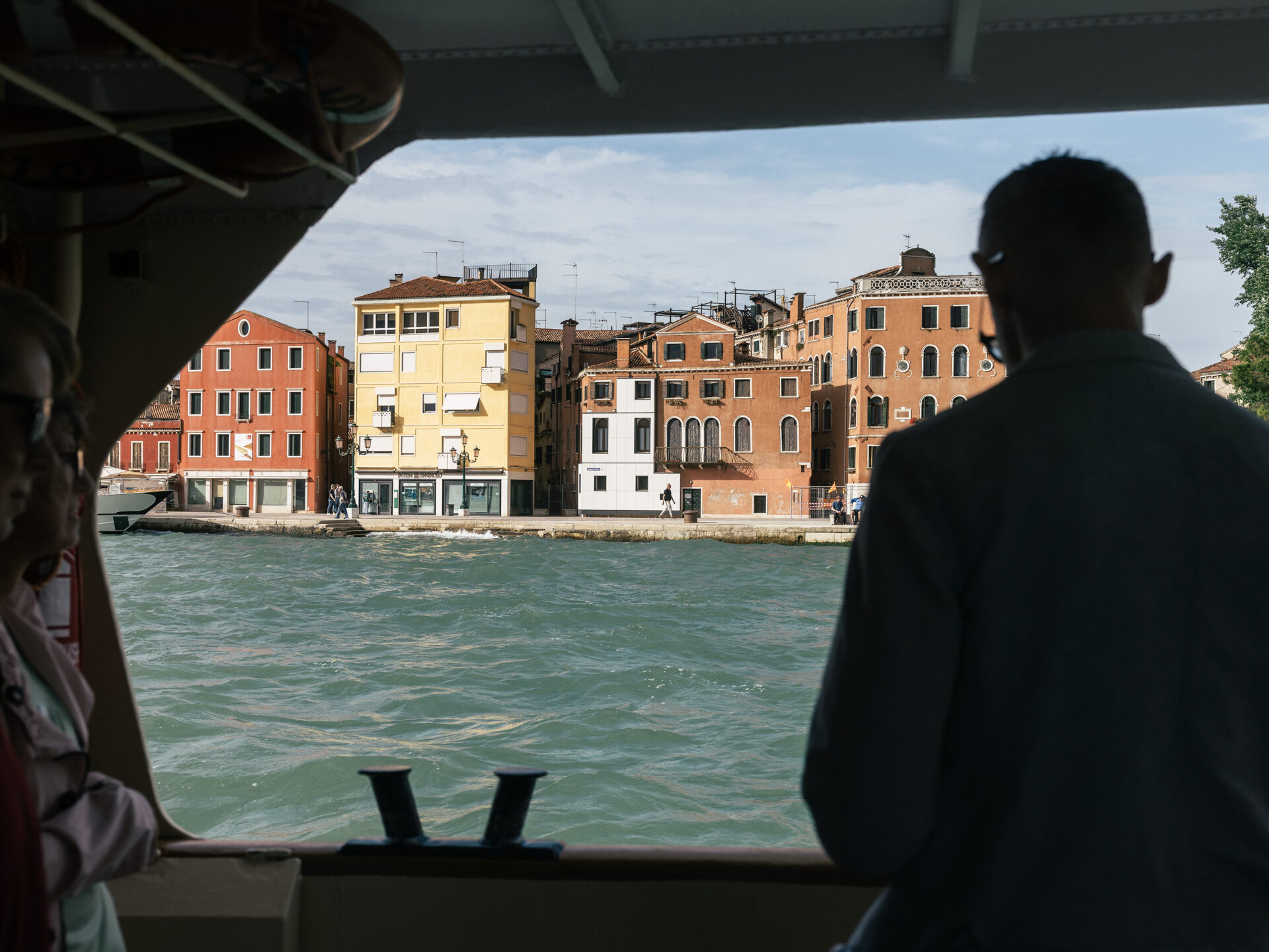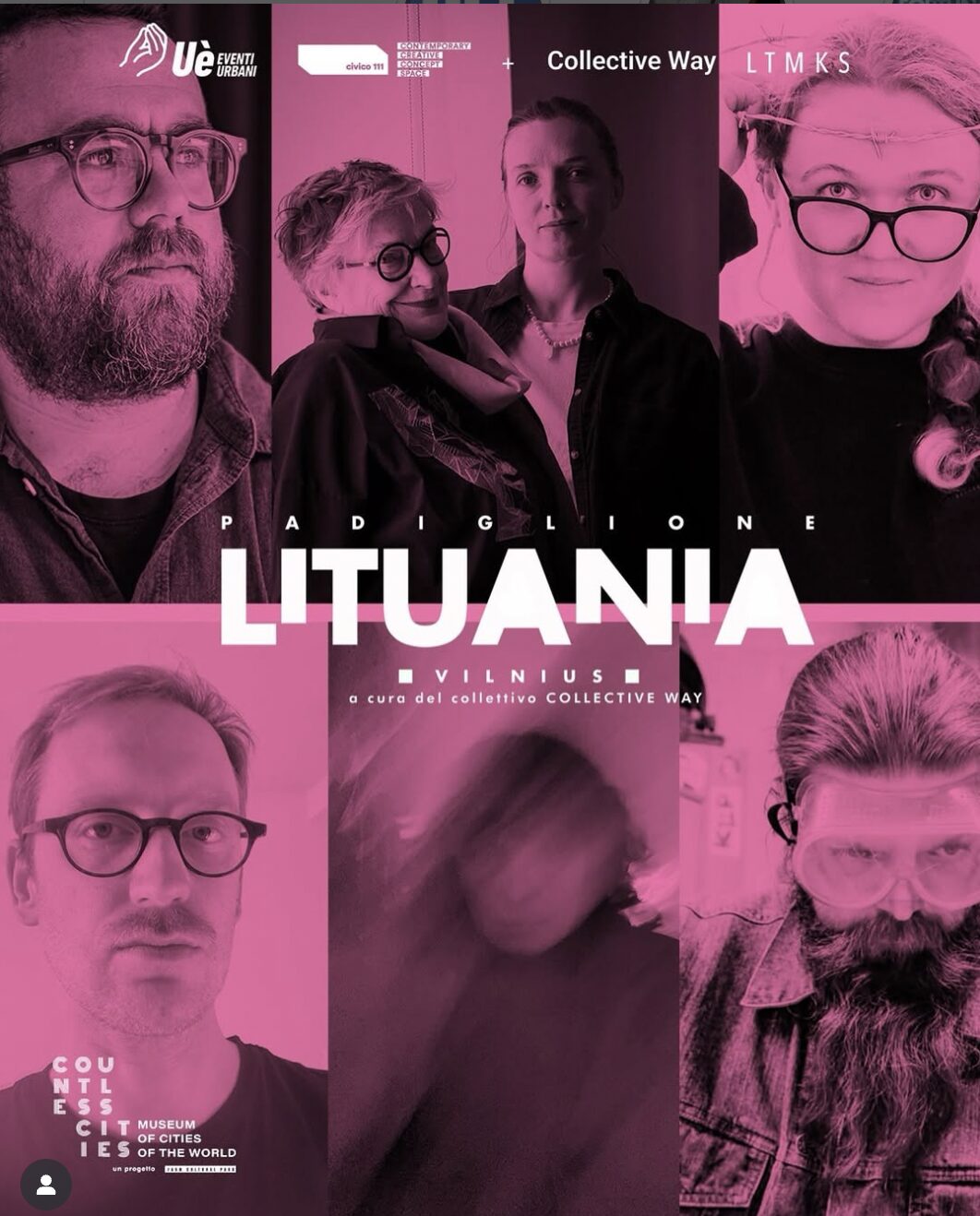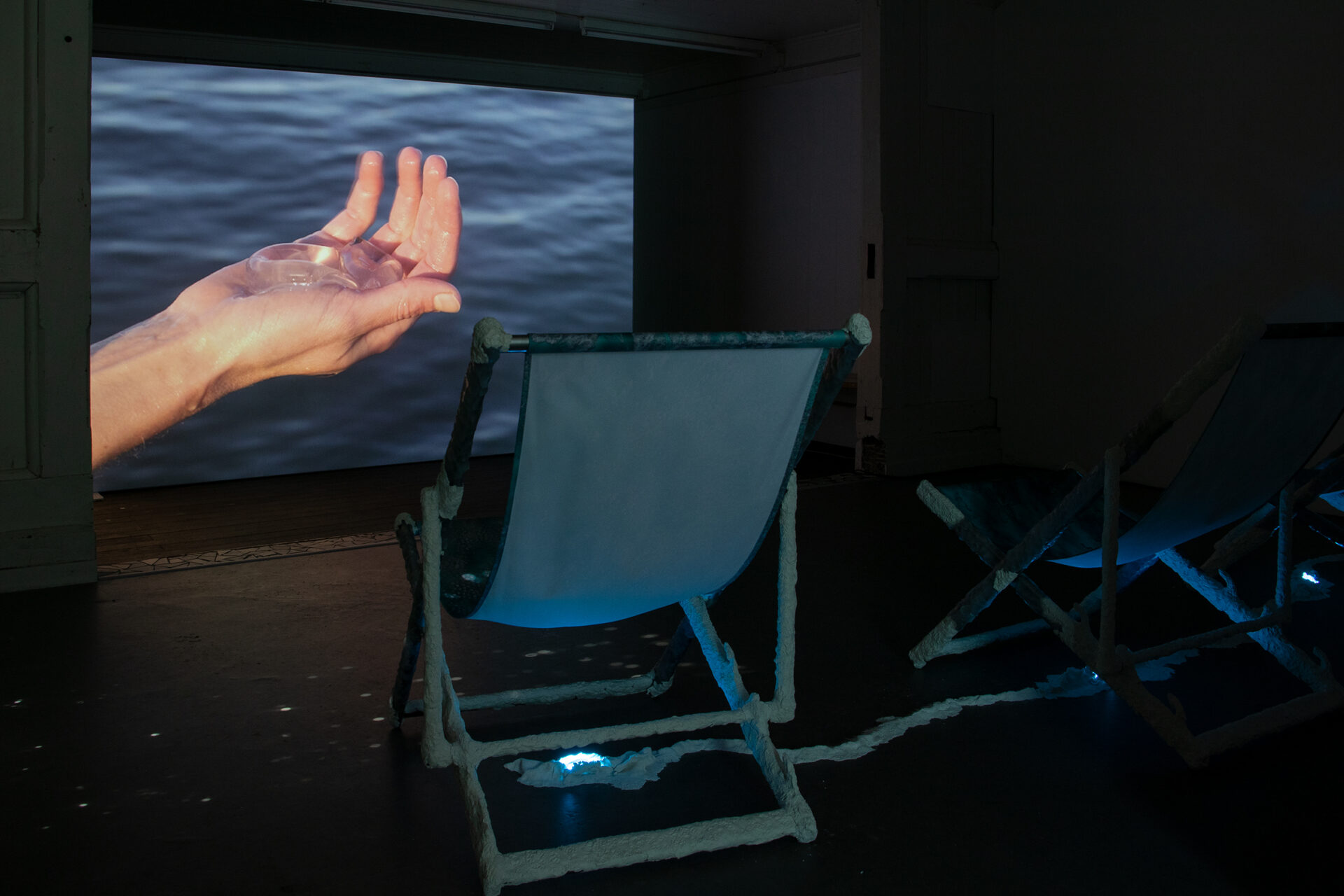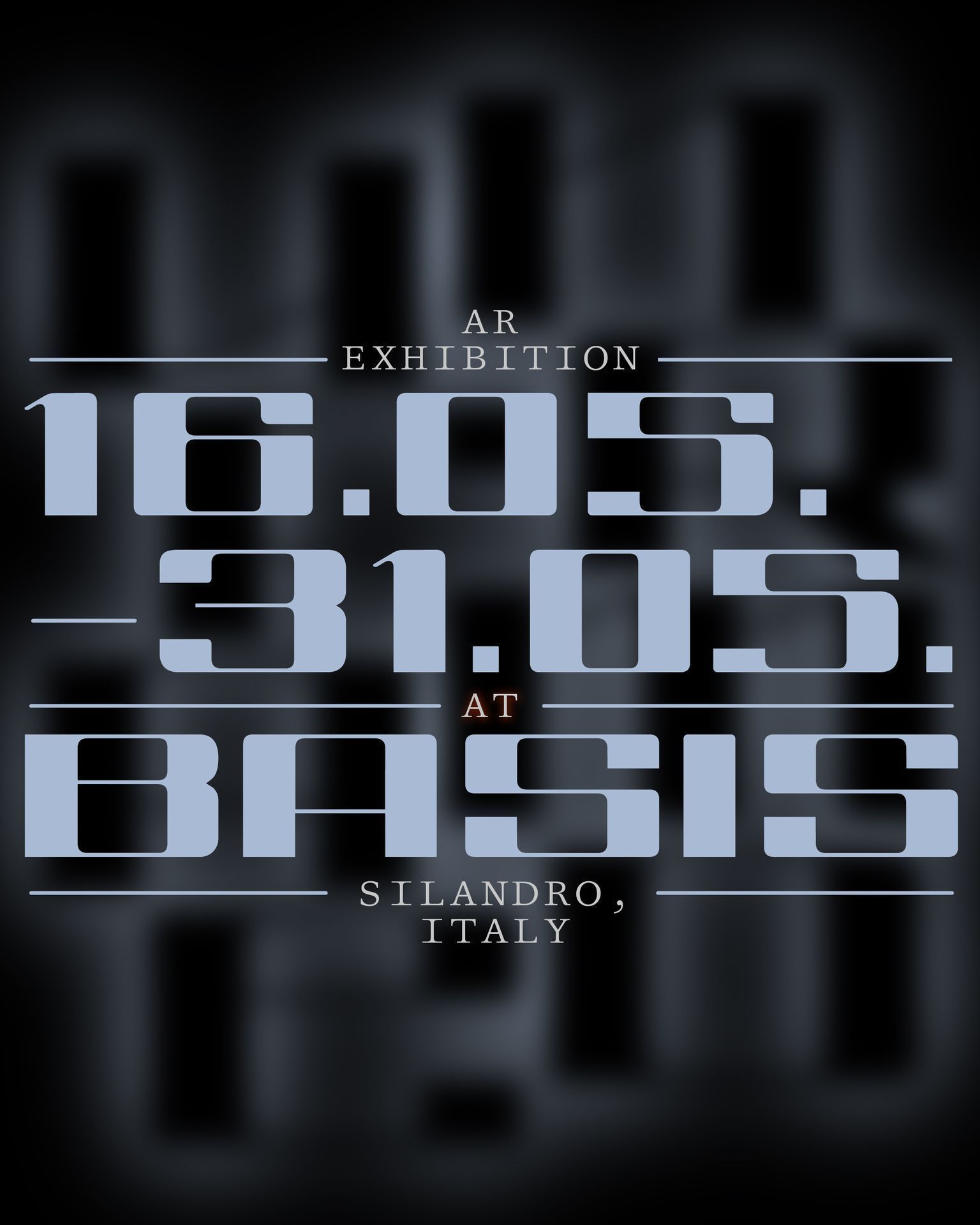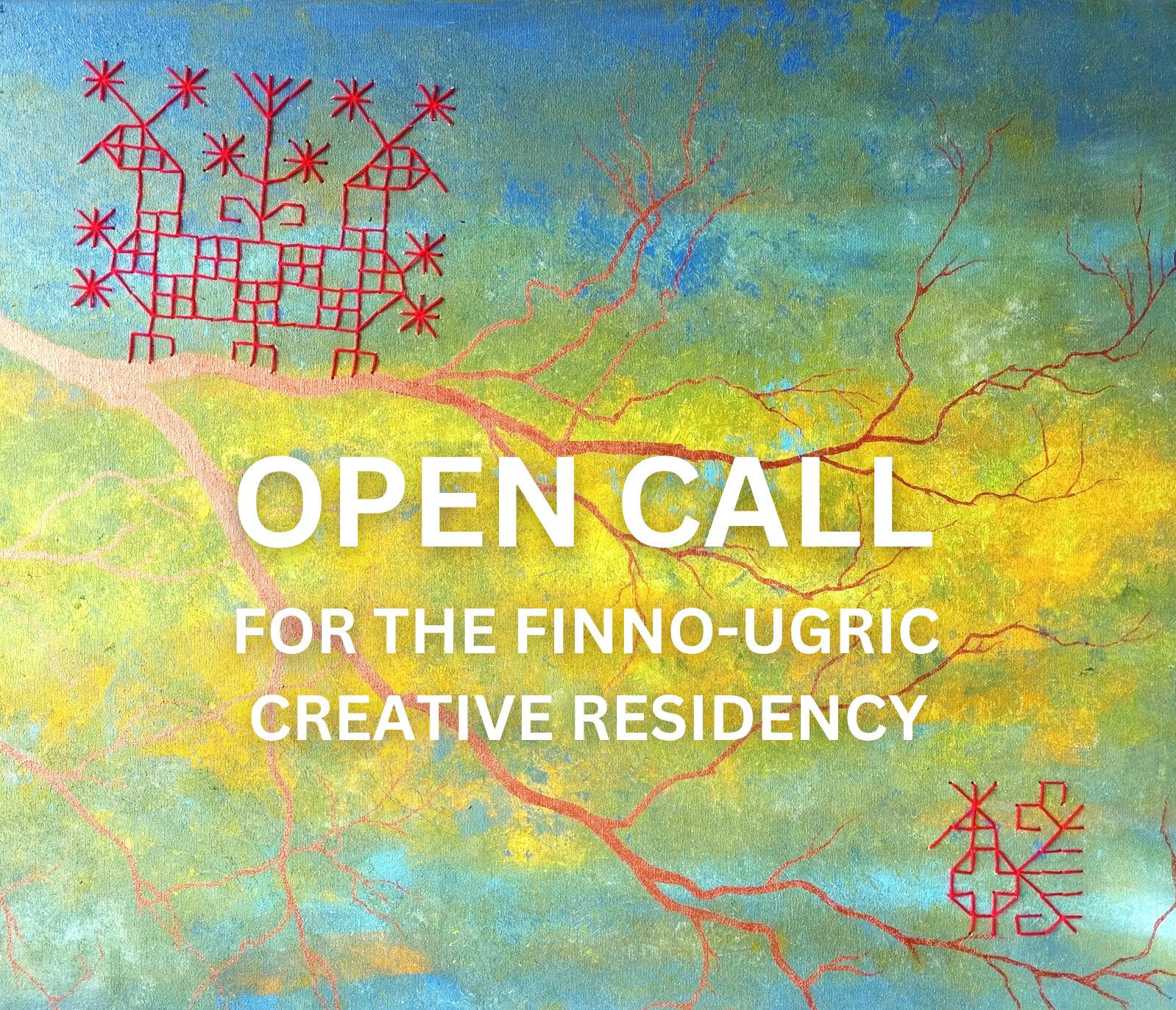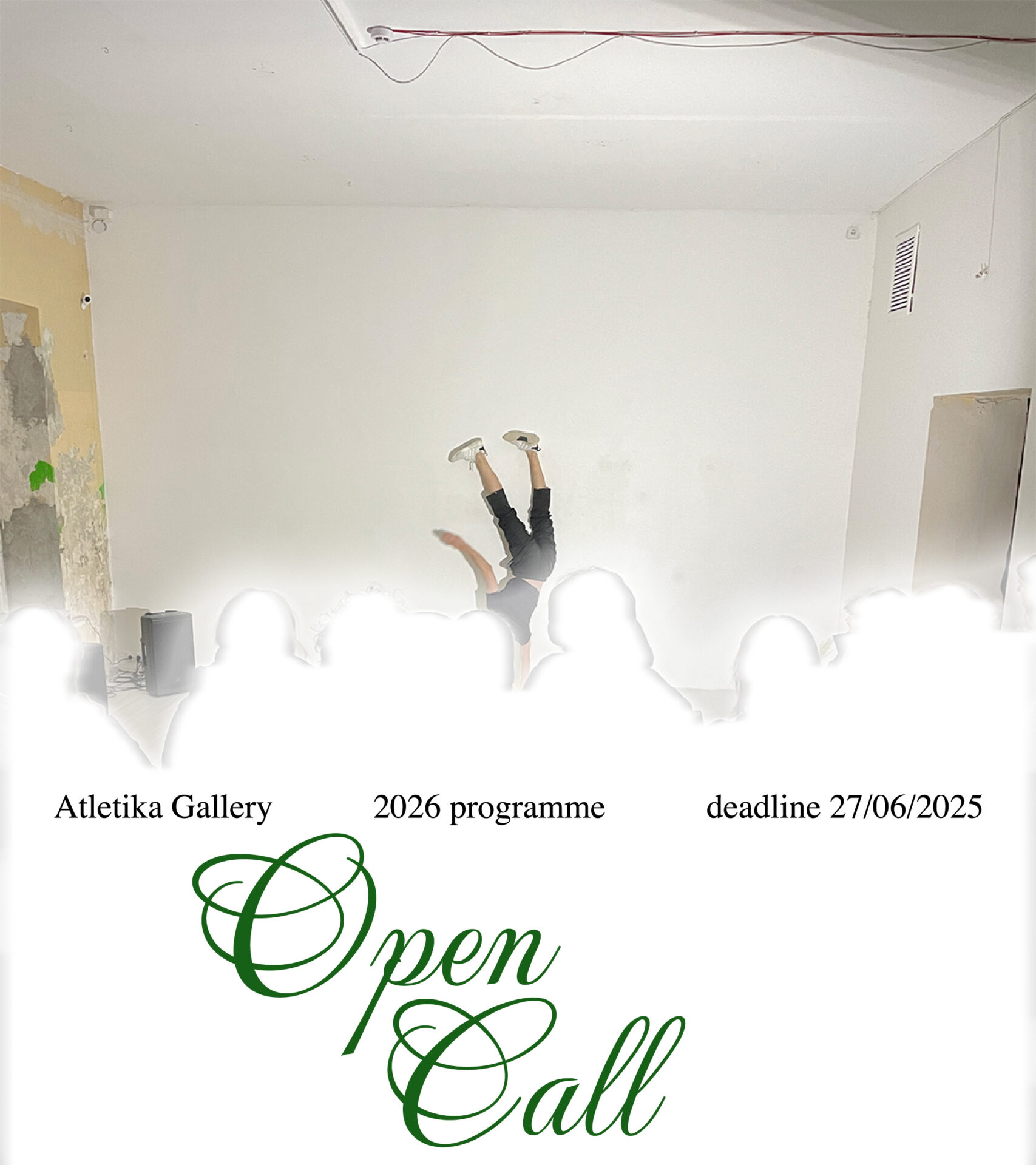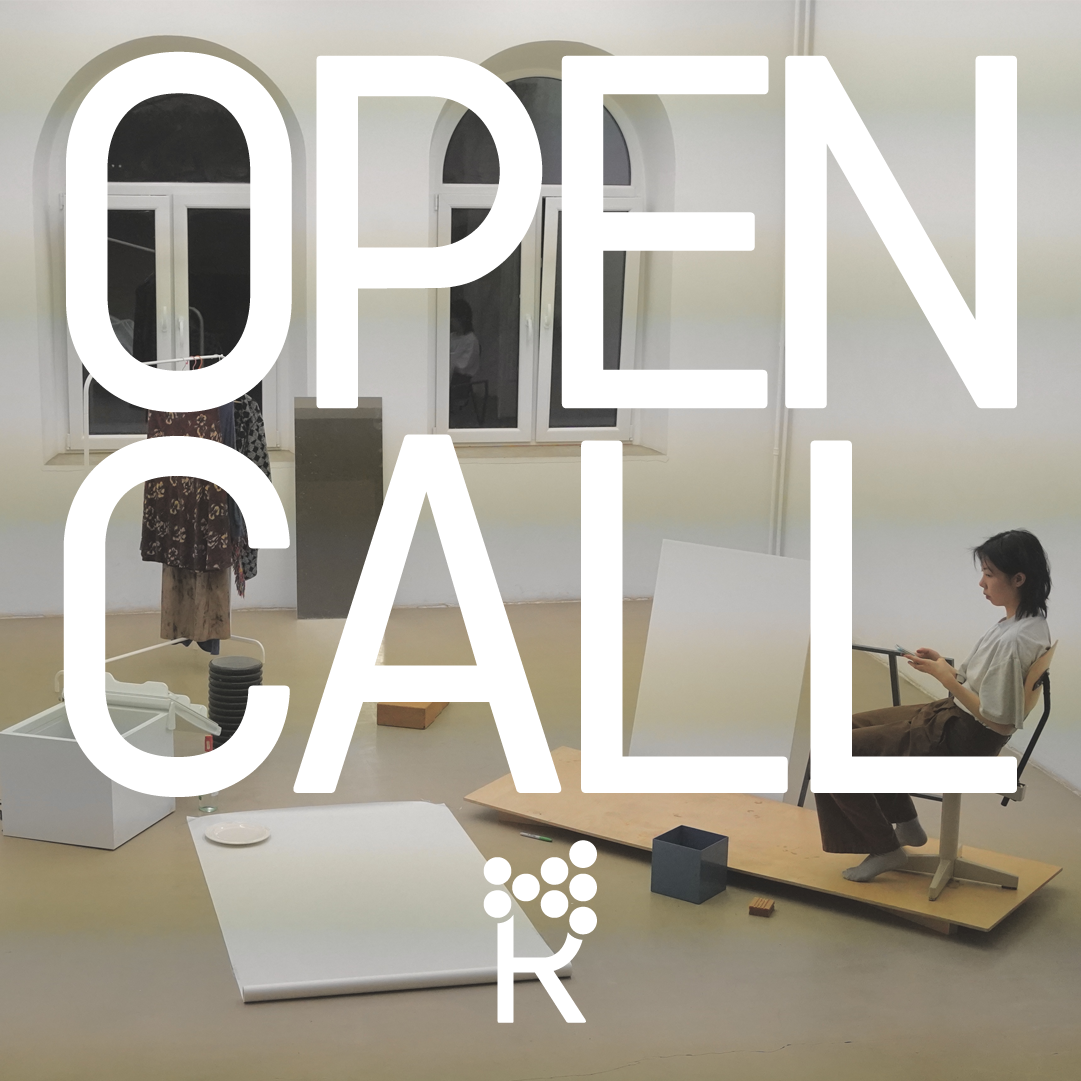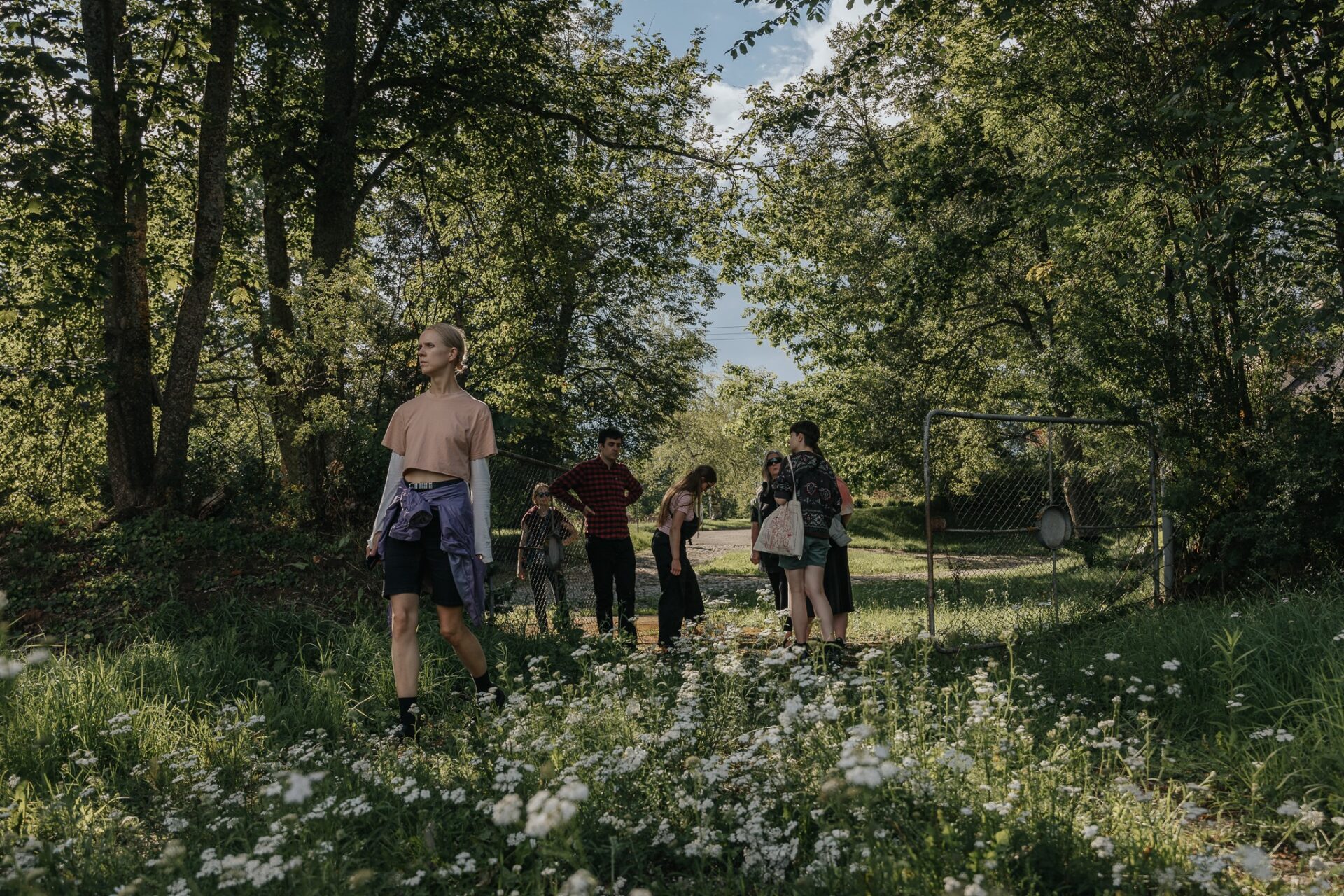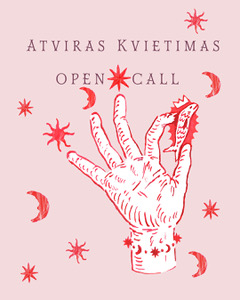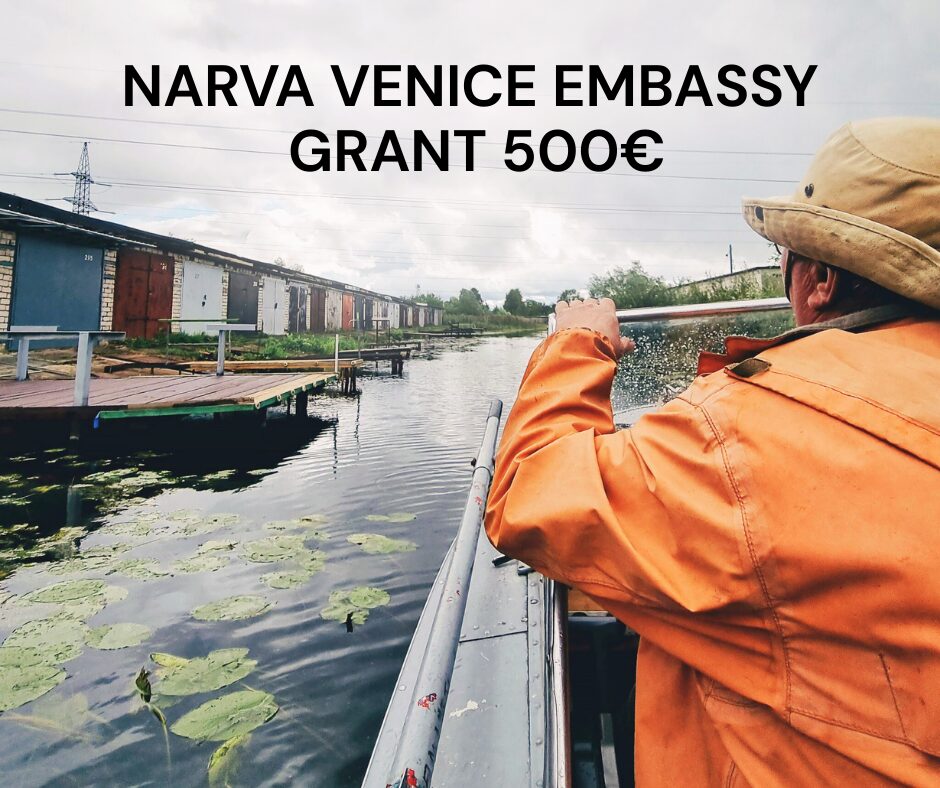
Photo: Julija Navarskaitė
The fifth Nida Doctoral School, themed “Tweezers and Squeezers”, runs from the 21st to the 26th of August at VAA Nida Art Colony. This year a multidisciplinary group of practice- and theory-based doctoral candidates together with distinguished international tutors and invited speakers focus on the methodological approaches and research methods in art, design and architecture.
The international programme for doctoral students in visual and performing arts, design and architecture is designed and organised by the Nida Art Colony of Vilnius Academy of Arts since 2012. The fifth summer school has 15 selected participants from 9 different European universities. Two of them, the Aalto University School of Arts, Design and Architecture and the University of the Arts Helsinki, are partners of this programme. Nida Doctoral School seeks to address a new relevant academical topic every year. This year, the School is themed “Tweezers and Squeezers”, and aims to consider more serious tools needed for research – the methods and methodologies.
Finding suitable methods and framing a methodological approach is one of the biggest sources of anxiety and uncertainty for doctoral researchers, especially practice-based, when developing and implementing a research plan. Could I treat my art or design practice as the main method? How should I write about my methodology? Or, as Henk Slager calls it, “methodicy”? How should I safeguard myself and my audience from methodological excess? Does my methodological approach help or limit me in doing my research? When should I think about it: when starting or when concluding my research and thesis? What is the relationship between theory and practice in my research, and which philosophical/theoretical school should I refer to in order to substantiate my argument? In the seven day-long intensive course, these issues are tackled by invited lecturers from selected foreign universities, Vilnius Academy of Arts, and Vilnius University.
In this year’s doctoral school, Dr Kęstas Kirtiklis of Vilnius University talks about science as vocation and methodology as destiny. Vilnius Academy of Arts is represented by the artist Konstantinas Bogdanas Jr. Dr Joanne Morra, curator of the Doctoral Platform at Central Saint Martins, University of the Arts London, gives a lecture on exposing research. Dr Marquard Smith, the founder and Editor-in-Chief of the Journal of Visual Culture, discusses a promising subject for research. Professor of Costume Design at Aalto University Sofia Pantouvaki advises students on the different methodologies, and Professor Dave Beech from Valand Art Academy in Gothenburg reveals why he does not like the research methodology.
This school is a non-degree doctoral programme which comprises an annual seven day-long intensive course, and doctoral residencies. NDS aims to open up the horizons for experimental development by intersecting with a diversity of disciplines and experiences. Participants gain 5 ECTS credits upon successful completion of the NDS course.

